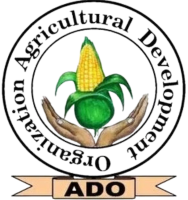Our Projects
ADO x Solidaarisuus
ADO X DEVELOPMENT FUND Project: COMMUNITY RESILIENCE, RESTORATION AND LIVESTOCK RESTOCKING (CRISP)
Locations: Sanaag Region Doonyah and Ceel ileed Villag ADO partnered with Development Fund on the Community Resilience Project (CRISP) for restoration and restocking of livestock to support the saving of lives and the saving of livelihoods of crisis affected populations. Crisp project distribution 840 livestock for restocking implementation under the financial support of the European Union through develop Fund of Norway and ADO has a role of ground implementation, as activity in the CRISP project 2021 application, which is about provision of goats and sheep to 42 most drought affected HHs Doonyaha and Ceel ileed village of Erigabp district Sanaag Region, aimed to accelerate the recovery of drought consequences by restocking their livelihood assets(livestock) to ultimately increase their resilience.
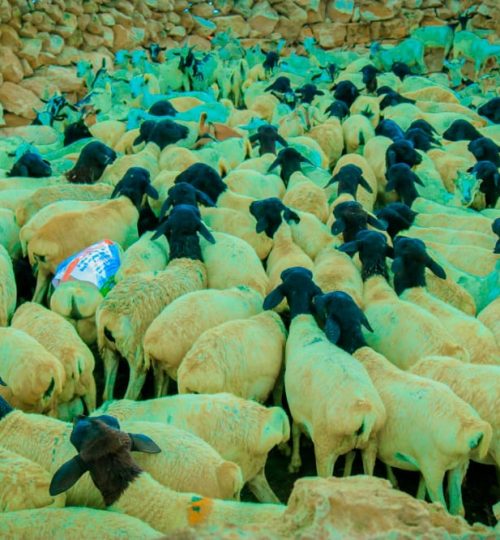
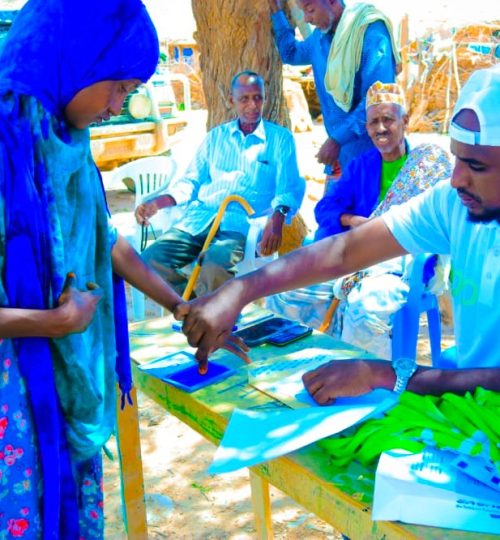
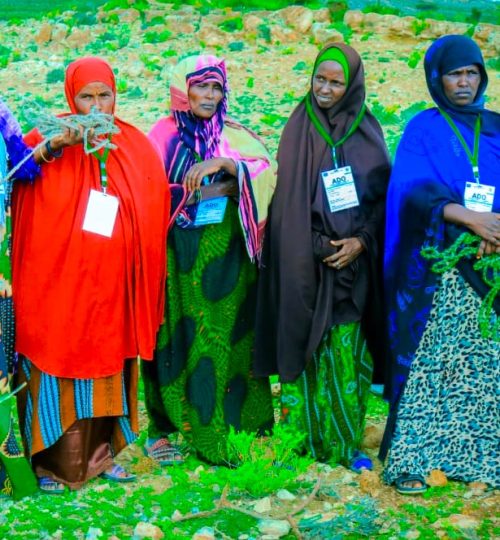
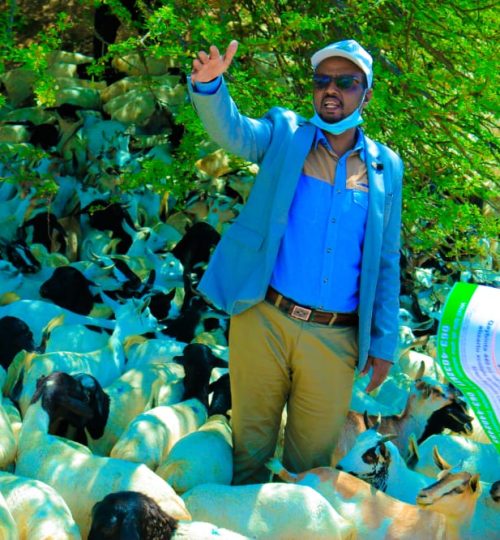
ADO x CASH WORKING GROUPS (CWG) PROJECT:
ADO in partnership with Cash Working Groups (CWG) implemented cash transfer programs either conditional and unconditional and in-kind supports (food and non-food distribution) to reduce the level of humanitarian crisis and impacts of disaster on vulnerable people. ADO collaborated with Cash Working Groups (CWG) focusing on the most drought and disaster-affected communities by increasing people’s ability to purchase lifesaving essential items as a means to reduce the vulnerability. Cash and vouchers was distributed to enable beneficiaries to control purchases and cover their basic needs such as food, water, medicines, etc. to help increase their resilience to climate shocks and climate variability.




Forest Tours
ADO X Development Fund Project: Climate Adaptive Village (CAV)
ADO partbered with Development fund prepared and developed community adaptation plans using the CAV approach. The Climate Adapted Villages Methodology (CAV) approach is to work on climate adaptation with the community. CAV principal objective: is to increase the adaptation capability in rural communities through more knowledge of the local effects of climate change, better planning, and sustainability by working with the community to understand their direct vulnerabilities and needs.





